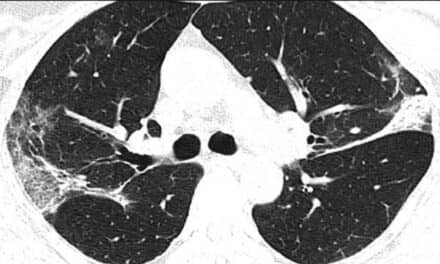Jerusalem-based RSIP Vision has released an artificial intelligence (AI) solution that creates 3D models of the knee from two conventional x-rays. Traditional x-rays are more widely available and cheaper than CT or MRI scanners, and they expose the patient to less radiation.
The model is based on convolutional neural networks, a recent technique which have been proven to be very effective for various types of tasks. In particular, deep neural networks-based models outperform all previous approaches for image segmentation. However, 3D reconstruction from 2D images is still challenging for neural networks, due to the difficulty of representing a dimensional enlargement with standard differentiable layers. Reconstruction of bone surfaces in particular is extremely challenging, due to the transparent nature of the X-ray images. RSIP Vision addresses these challenges by introducing a special dimensional enlargement layer.
The main usage of the 3D model is for planning and accurate measurements that are needed to precise fit of the implant or for patient specific intraoperative guidance.
Accordingly, the testing has been done by comparing the 3D model to a CT scan of the patient. The distance between the model and the real scan is the precision measure we need. From our testing – the accuracy of this technology is close to 1mm, which is the required precision needed for best fit for the implant in total knee replacement.
The results show that this new technology is very effective for reconstructing 3D models of knee bones from two standard bi-planar X-ray views. The deep neural network model, together with synthetic data creation and effective training process, proves to be a powerful technique to create a rich 3D modelling of each bone with low-cost, widely available and low-radiation imaging modality.
Read more from RSIP Vision.
Featured image: A 3D illustration of a knee joint. Image courtesy, RSIP.






